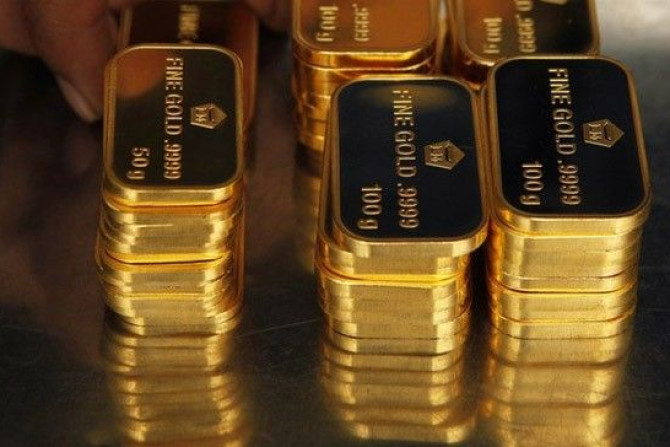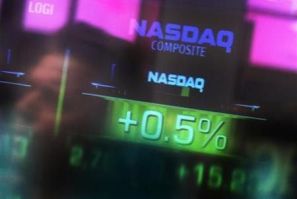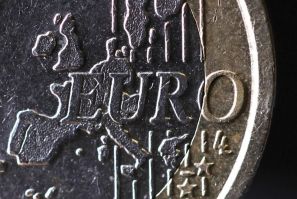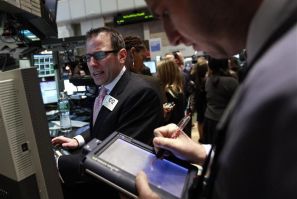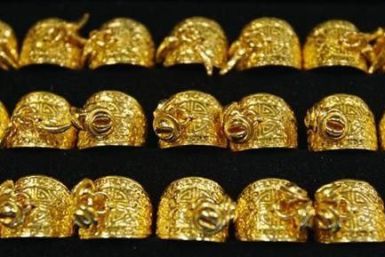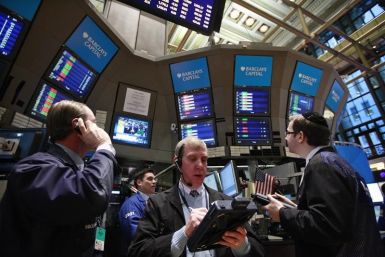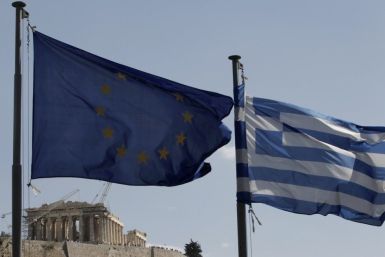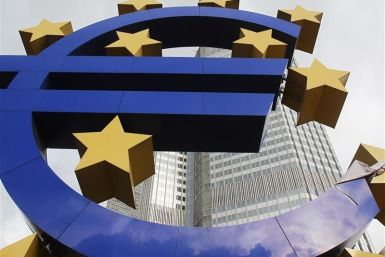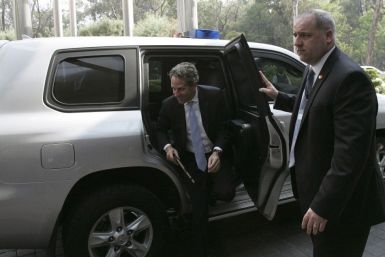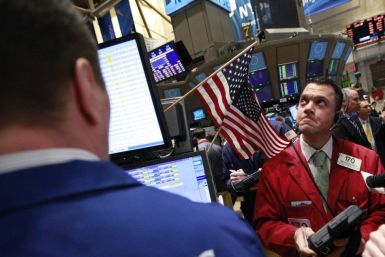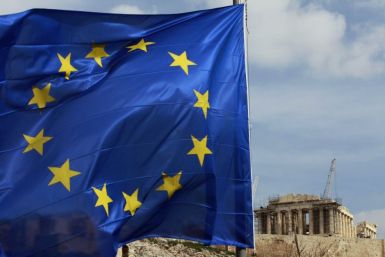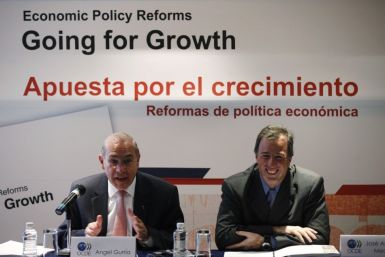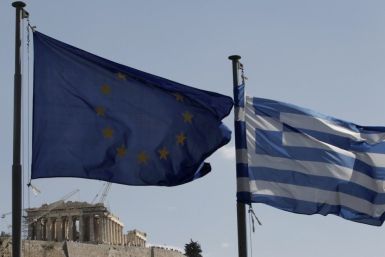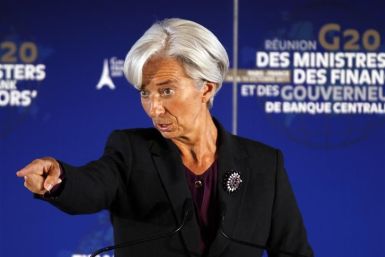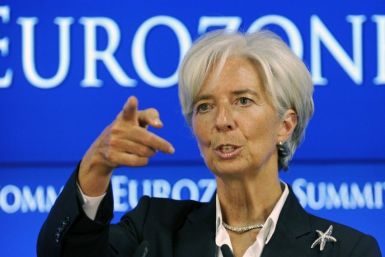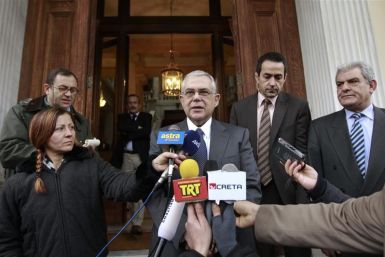Indian gold futures, which struck a two-month high last week, could extend gains to top 29,000 rupees, a level keenly watched by the market, due to higher crude oil prices and weakness in the dollar versus the euro, analysts said.
Chancellor Angela Merkel's room for maneuver on future euro zone bailouts, in doubt after a revolt by coalition lawmakers, shrank further on Tuesday when Germany's top court raised a hurdle to swift action in financial rescues.
Stock index futures rose in low volume on Tuesday a day after the S&P 500 hit a fresh 4-year high and ahead of economic data and this week's liquidity injection by the European Central Bank aimed at supporting the euro zone's ailing banking sector.
Stock index futures rose in low volume on Tuesday a day after the S&P 500 hit fresh 4-year highs and ahead of economic data and this week's liquidity injection by the European Central Bank aimed at supporting the euro zone's ailing banking sector.
The European Central Bank said on Tuesday it was temporarily suspending the eligibility of Greek bonds for use as collateral in its funding operations and that national central banks would have to provide banks with liquidity using an emergency measure.
Standard & Poor's has announced that its rating on Greek sovereign debt has been downgraded to selective default, subsequent to agreement by banks to write off more than half of their Greece debt holdings.
The European Central Bank is ready to engage in a new round of aggressive liquidity provision this week, flooding European banks with hundreds of millions of euro worth of cheap financing meant to prop up the tattered European banking and sovereign credit funding systems.
The euro zone avoided a credit crunch in January but banks showed scant sign of lending on the funds they snapped up at the European Central Bank's first 3-year lending operation to companies which have been starved of investment funds.
Greece plans to recapitalize its struggling banks after a bond swap largely through common shares with restricted voting rights and convertible bonds, according to a draft law submitted to parliament over the weekend.
Bank of Japan Gov. Masaaki Shirakawa said on Saturday policy makers are closely watching the impact of looser monetary policy on crude-oil prices. Along with the European Central Bank and the U.S. Federal Reserve, the Bank of Japan is taking unconventional steps to boost the economy.
Germany is easing its opposition to a bigger European bailout fund, officials said, smoothing the way for the world's leading economies to secure nearly $2 trillion in firepower to prevent more fallout from the euro-zone's sovereign-debt crisis.
A rally on Wall Street will be put to the test next week, with the S&P 500 index at its highest closing level since before the collapse of Lehman Brothers Holdings Inc. in 2008 and the European Central Bank about to flood the financial markets with a new wave of cheap money.
Leaders in the euro zone may not be able to meet international demands to bolster their own funds for bailing out the bloc's debtors when they meet next week because Germany is showing no sign of dropping its opposition to the plan, officials in the euro zone said.
World economic powers at a Group of 20 gathering in Mexico City told Europe on Friday it would have to do more to fight its financial crisis before they agree to provide backup in the form of a bigger International Monetary Fund war chest.
The European Central Bank's decision to exempt itself from taking losses on its Greek bonds may push up borrowing costs of other debt-strained euro zone countries, Standard & Poor's said on Friday.
The European Central Bank's decision to exempt itself from taking losses on its Greek bonds gives its senior status in the bond market and may push up borrowing costs of other debt-strained euro zone countries, Standard & Poor's said on Friday.
No matter which direction investors faced Friday, whether it was the recent past or the immediate future, all the signals were positive. Investors responded by boosting prices for stocks, bonds and commodities.
Greece formally launched a bond swap offer to private holders of its bonds on Friday, setting in motion the largest-ever sovereign debt restructuring in the hope of getting its messy finances back on track.
Finance ministers and central bank chiefs from the Group of 20 countries will meet this weekend in Mexico City to tackle the euro zone's debt crisis and the prospect of replenishing the International Monetary Fund.
In the G-20 meeting to be held in Mexico City from Feb. 25, the U.S., China and Japan will ask Europe to take additional steps to solve the economic crisis before it could receive external help.
Greece took its first step toward reaping urgently needed funds agreed in a 130-billion-euro rescue package Thursday as its parliament endorsed a bond swap for private holders of its debt.
Only 8.6% of Greeks hold a favorable view of Germans.


